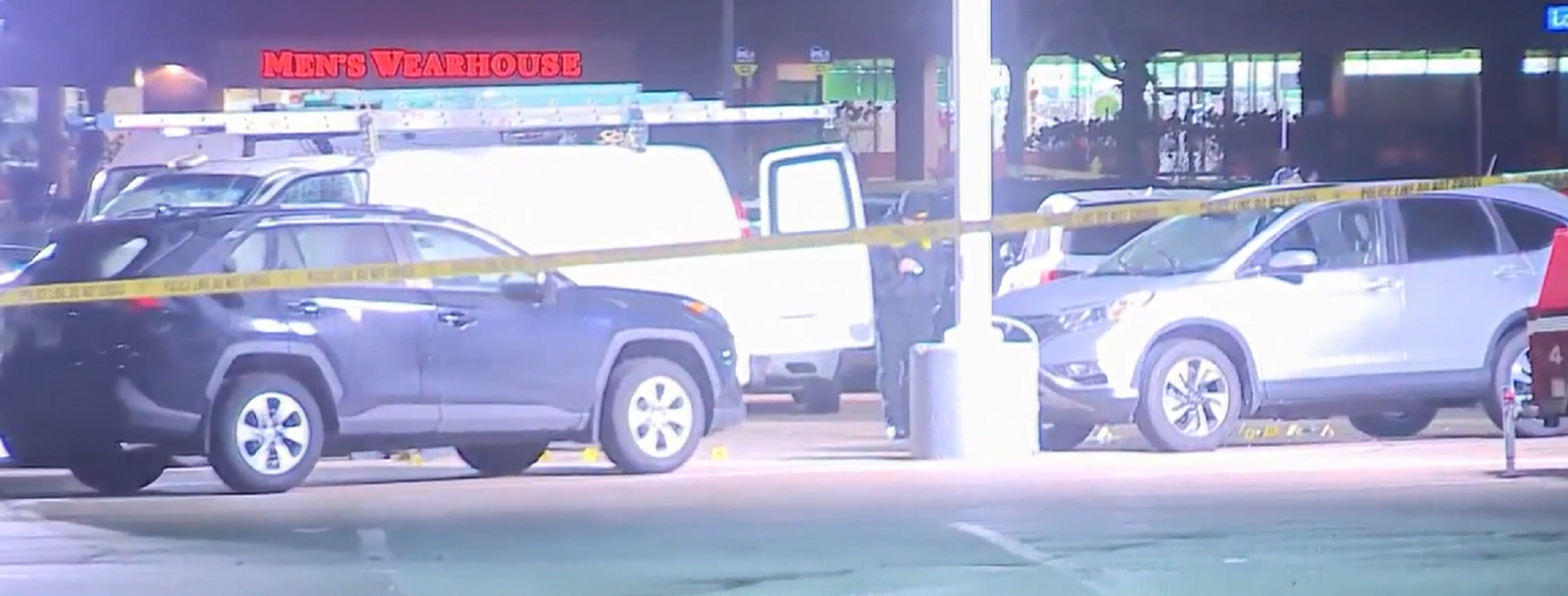Cook County officials are using a $41 million Homeland Security grant to provide high-tech video surveillance to suburban police department, but critics allege parts of the program have failed.
That has lead to a federal investigation that is underway to determine if the money was spent properly, NBC5 political editor Carol Marin reported on Wednesday. On Tuesday, aides to Cook County Board President Todd Stroger showed off the prototype to reporters -- a police cruiser with cameras and computer, able to send real-time pictures back to a central location. That will allow the vehicles to link to the County in times of an emergency.
"This is what the president considers one of the most important initiatives for Cook County," said Antonio Hylton, who is in charge of Phase Three of what is called "Project Shield." "The current round of funding will implement 82 new vehicles inside of Cook County in 82 separate communities."
Critics charge Cook County officials have botched the program and misspent portions of the $41 million grant. Cook County Commissioners Forest Claypool and Mike Quigley spoke about the first two phases of Project Shield.
"There is overwhelming evidence that the money is being misspent and it's being mismanaged," said Cook County Commissioner Forest Claypool.
"What we are seeing here is incompetence and perhaps profiteering," said Cook County Commissioner Mike Quigley. "There is a lack of transparency and accountability."
The cost for Phases One and Two of Project Shield was $22 million. Hylton said that paid for 35 to 40 suburban police cars to be outfitted with cameras and computers, as well as 37 stationary cameras placed across the county. In some of those police cars, though, the cameras never worked.
"We were scheduled to get some installed in 2006," said Franklin Park Police Chief Tom Wolfe. "There was either a hardware problem or some kind of installation problem that didn’t allow that to occur."
Local
Franklin Park was hardly alone, Marin reported. Suburban police departments across Cook County were contacted, and while there was some praise for Project Shield, there were more often complaints. In departments like the River Forest and Palos Heights police departments, mobile cameras were installed and later removed because they just didn't work.
The county, as part of Project Shield, also installed a fixed camera in Franklin Park, as it did in other communities. But the county never returned to hook it up, and the dispatchers in Franklin Park can't see it. County officials claim that Phase Three of Project Shield -- at a cost of $17.5 million -- is on track.
Hylton said county officials were "extremely satisfied" with the current implementation, but Claypool said more accountability was needed.
"There should be much greater oversight of this money and how it is spent so the taxpayer's get their money's worth," Claypool said.
County officials countered that any problems that exist are not attributable to them.
"This isn't a Todd Stroger problem that was created," said county spokesman Sean Howard.
County officials blame old technology from just a few years ago for the original cameras not working. Work on the project is expected to be completed by next March.
If Todd Stroger inherited problems from the previous administration, that means he inherited them from his own father, the late John Stroger, who preceded him in office. According to a source connected to the investigation, the FBI is aggressively exploring how the Project Shield money was spent.



